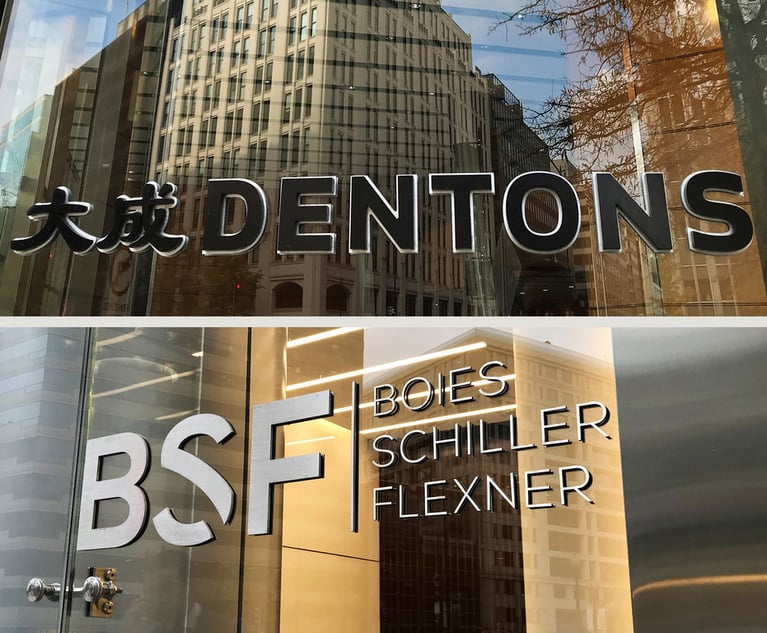The FBI search of Trump attorney Michael Cohen’s office triggered widespread speculation about the contours of the crime-fraud exception to the attorney-client privilege. But don’t look to the U.S. Supreme Court for much enlightenment.
Four years ago, the justices passed on an opportunity to fill in the blanks left open by the court’s last substantive ruling on the crime-fraud exception—the 1989 decision in United States v. Zolin.
This content has been archived. It is available through our partners, LexisNexis® and Bloomberg Law.
To view this content, please continue to their sites.
Not a Lexis Subscriber?
Subscribe Now
Not a Bloomberg Law Subscriber?
Subscribe Now
LexisNexis® and Bloomberg Law are third party online distributors of the broad collection of current and archived versions of ALM's legal news publications. LexisNexis® and Bloomberg Law customers are able to access and use ALM's content, including content from the National Law Journal, The American Lawyer, Legaltech News, The New York Law Journal, and Corporate Counsel, as well as other sources of legal information.
For questions call 1-877-256-2472 or contact us at [email protected]


 U.S. Supreme Court. Credit: Diego M. Radzinschi / ALM
U.S. Supreme Court. Credit: Diego M. Radzinschi / ALM







